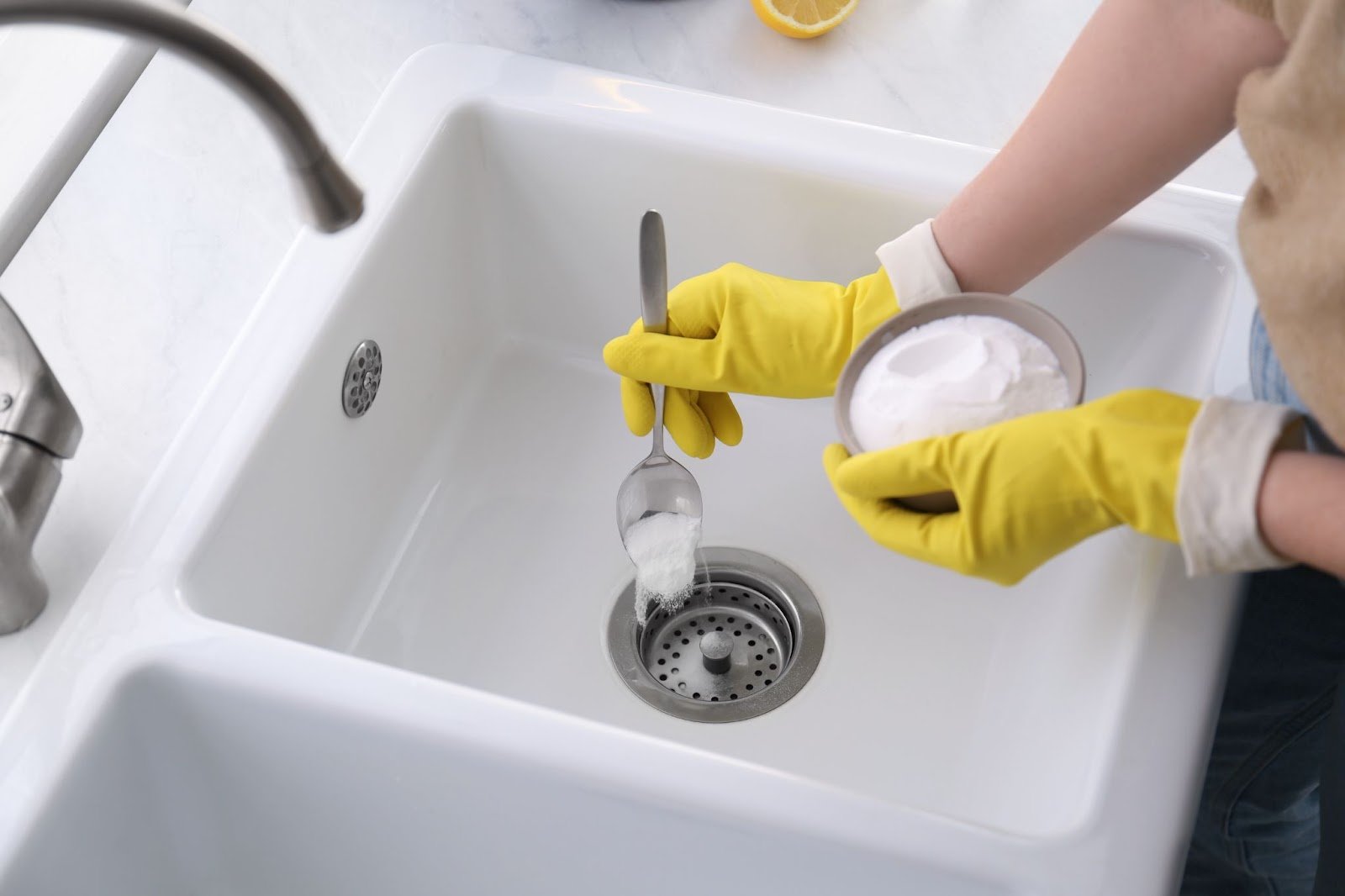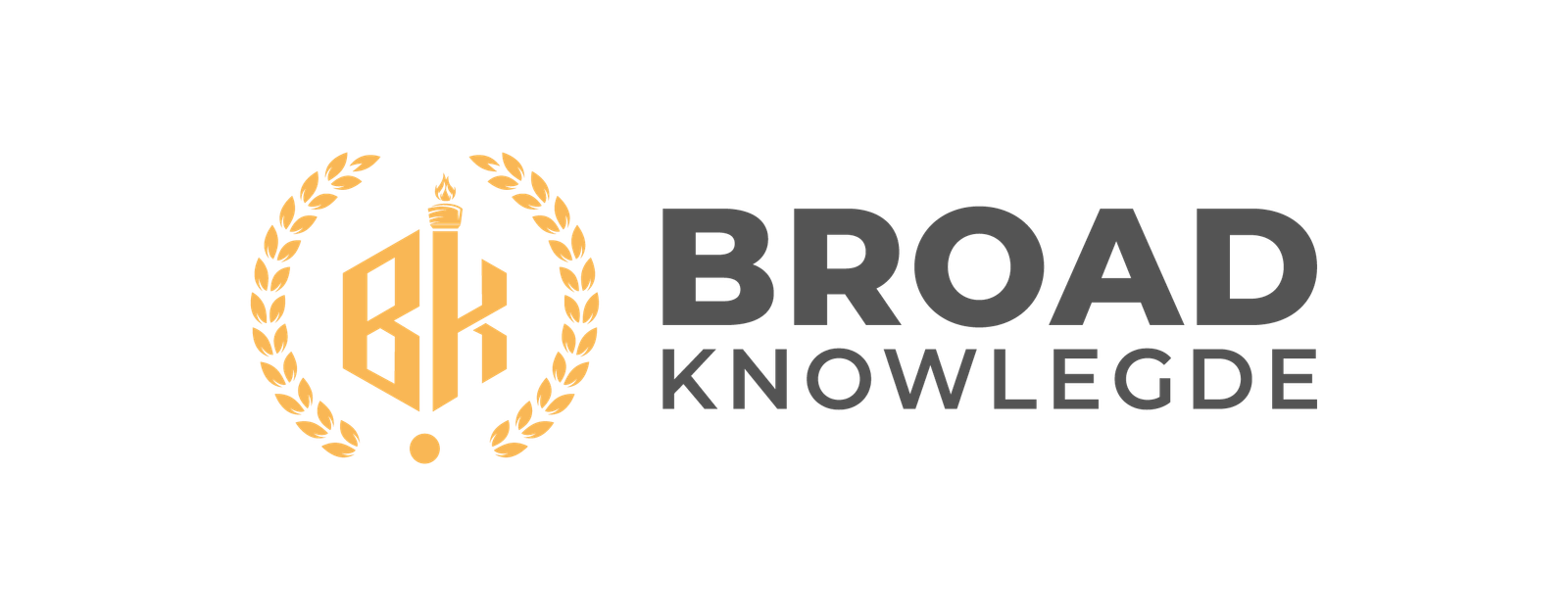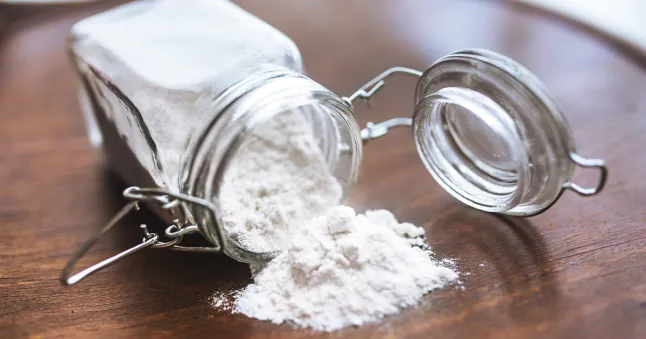
Image Credit: Yandex
In the realm of home maintenance, a clogged drain stands as one of the most common yet frustrating issues faced by homeowners worldwide. This universal dilemma drives the demand for effective solutions, with the best drain cleaner offerings promising swift and efficient resolution. Yet, not all drain cleaners are created equal.
The quest for the best drain unclogger for toilets, sinks, and showers necessitates a comprehensive guide that navigates the intricate balance between efficacy, safety, and environmental impact, underscoring the importance of selecting the right drain cleaner chemical for each unique situation.
This article introduces readers to the top drain cleaning solutions for 2024, alongside insightful considerations aimed at guiding the selection process. From effective natural alternatives to traditional drain cleaner chemicals, readers will gain an in-depth understanding of how to approach drain cleaning responsibly.
The discussion extends to considerations before using chemical drain cleaners, highlighting top chemical drain cleaners for immediate results, and concludes with preventive measures to avoid future clogs.
The guide serves as a comprehensive roadmap for both novices and seasoned homeowners in choosing the best drain unclogger, ensuring both the longevity of their plumbing systems and the health of the environment.
Effective Natural Alternatives to Chemical Drain Cleaners
For homeowners seeking eco-friendly solutions, several natural methods can effectively address minor drain clogs without the need for harsh chemicals. Here’s a guide to natural alternatives:
- Boiling Water Technique: Begin by boiling a large pot of water and carefully pouring it down the drain. This method is particularly effective for dissolving greasy clogs but should be used with caution on PVC pipes to avoid damage.
- Vinegar and Baking Soda Solution: Mix one-third cup of vinegar with one-third cup of baking soda. Immediately pour this fizzing mixture down the clogged drain and let it sit, ideally overnight, to break down the clog. Flush with hot water the following morning.
- Using a Hand Plunger: A simple plunger can often dislodge clogs. Ensure a good seal over the drain and use vigorous plunging motions to create pressure that can move the clog.
- Cleaning the P-trap: Remove the P-trap under the sink, which might be holding debris that causes odors and clogs. Clean it thoroughly before replacing it to ensure smooth water flow.
- Utilizing a Plumber’s Snake: For tougher clogs deeper within the drain, a plumber’s snake can be effective. Insert the snake into the drain and turn it to catch and pull out debris.
These methods not only safeguard your plumbing but are also better for the environment compared to chemical drain cleaners.
Considerations Before Using Chemical Drain Cleaners
Before opting for chemical drain cleaners, it is crucial to consider their potential risks and impacts. These products, while effective at clearing clogs, present significant hazards to both human health and the environment.
Potential Harm to Skin and Eyes
Chemical drain cleaners contain corrosive substances like sulfuric acid and lye, which can cause severe burns upon contact with skin or eyes. Exposure can result in painful injuries or even permanent damage, such as blindness. It is imperative to use protective gear such as gloves, goggles, and face shields when handling these chemicals to mitigate risks.
Risk of Pipe Damage
The harsh chemicals in drain cleaners are not only a threat to human safety but also to the integrity of plumbing systems. Frequent use of these cleaners can corrode pipes, leading to leaks or complete failure, necessitating costly repairs or replacements. Particularly vulnerable are PVC pipes and older metal pipes, which can suffer accelerated damage.
Environmental Concerns
Beyond the immediate risks to personal safety and property, chemical drain cleaners pose a broader threat to the environment. These substances are not biodegradable and can contaminate water sources, harming wildlife and affecting ecosystems. Residues often end up in landfills, where they leach into the soil and groundwater, creating long-term environmental damage.
Considering these factors, it is advisable to explore safer alternatives or consult professionals for drain cleaning needs, especially in complex or severe clog situations.
Video Credit: YouTube
Top Chemical Drain Cleaners for Immediate Results
For those facing severe drain blockages that require immediate action, several chemical drain cleaners stand out for their efficacy and speed. These products are designed to tackle the toughest clogs with precision and power.
- Green Gobbler Main Line Opener: This drain cleaner is renowned for its ability to swiftly clear clogs. It utilizes a potent mix of natural enzymes and bacteria to decompose organic material, making it an excellent choice for severe blockages.
- Zep 10-minute Drain Opener Gel: Known for its quick action, this gel-based cleaner can dissolve common blockage materials like hair and grease within 10 minutes. Its thick formula ensures it clings to pipes, maximizing its effectiveness.
- Santeen Sulfuric Acid Drain Opener: A heavy-duty option, this cleaner uses sulfuric acid to break down organic matter quickly. While highly effective, it requires careful handling and adherence to safety instructions due to its corrosive nature.
Each of these cleaners offers a robust solution for restoring flow to clogged drains, ensuring they are clear of obstructions and functioning properly.
Preventive Measures to Avoid Future Clogs
To maintain free-flowing drains and avoid future clogs, adopting preventive measures is essential. Here are three effective strategies:
Regular Use of Strainers
Installing drain strainers is a straightforward and economical solution. These devices capture solid debris that could potentially cause blockages. Available in various sizes and materials, such as metal or silicone, strainers should be fitted to kitchen sinks, showers, and bathtubs to catch food particles, hair, and other residues.
Routine Hot Water Flushes
Flushing your drains with hot water regularly can prevent the buildup of sediments and grease. For optimal results, it’s recommended to perform a hot water flush monthly. This practice not only keeps the drains clear but also helps in maintaining a fresh and odor-free environment.
Proper Disposal of Grease and Oil
Grease and oil are major culprits in drain blockages. Instead of pouring these substances down the drain, allow them to cool and solidify, then dispose of them in the trash in a sealed container.
For larger quantities, consider recycling options or mixing with absorbent materials like cat litter or sand to solidify the grease before disposal. Regularly wiping oil-coated pans with a paper towel before washing can also prevent grease from accumulating in your plumbing system.
Conclusion
Navigating the intricate landscape of drain cleaners, this guide has traversed the spectrum from eco-friendly selections to potent chemical solutions, laying a comprehensive foundation for homeowners to make informed decisions.
Whether embracing natural alternatives for gentle intervention or resorting to chemical prowess for stubborn clogs, the emphasis has been on achieving balance—prioritizing effectiveness while mitigating environmental impact and safeguarding personal health.
By incorporating the insights and considerations presented, readers are well-equipped to handle present frustrations and preempt future blockages, ensuring the well-being of their drainage systems and, by extent, their homes.
The exploration highlights not only the immediate remedies but also underscores the importance of preventative measures to maintain unimpeded flow within plumbing systems.
Embracing strategies such as regular use of drain strainers, routine hot water flushes, and proper disposal of grease and oil delineates a proactive approach towards drainage maintenance. Armed with this knowledge, homeowners stand empowered to make choices that resonate with efficiency, safety, and environmental stewardship, steering clear of future drainage dilemmas with confidence.
FAQs
What’s the top drain cleaner on the market?
Our top pick is the Drano Max Gel Clog Remover, known for its effectiveness in tackling tough clogs such as hair and standing water.
What method do plumbers most often recommend for clearing clogged drains?
Professionals typically recommend hydro jetting for clearing severe drain clogs. This method employs high-pressure water jets to dislodge and remove debris and blockages, proving effective against grease buildup, tree roots, and other stubborn obstructions deep within the plumbing.
Which drain unblocking tool is preferred by plumbers for severe clogs?
For particularly stubborn clogs, plumbers often turn to a hydro jet. This device uses high-pressure water to break apart and clear out buildup in the pipes.
Are there any drain cleaners that are safe for my pipes?
Yes, there are several safe chemical drain cleaners that won’t harm your pipes, including:
- Drano Max Gel Liquid Clog Remover
- Bio-Clean Drain Septic Bacteria
- Green Gobbler Drain Opening Pacs
- Liquid-Plumr Clog-Destroyer + Hair Clog Eliminator
- Thrift Odorless Drain Cleaner
- Pequa Drain Opener
- Rockwell Invade Bio Drain Gel
- Instant Power Hair and Grease Drain Opener









